KATHMANDU: The 11th meeting of the Joint Commission between Nepal and the European Union (EU) was held on 8 November 2019 in Kathmandu, Nepal.
A wide range of issues of mutual interest were discussed in a cordial atmosphere.
Both delegations underlined the importance of further strengthening the political partnership, development cooperation and promoting global and regional engagement on matters of common concern, such as climate change, human rights, connectivity and multilateralism.
Nepal and the EU have taken firm steps to reinforce their partnership, including through the decision of upgrading the Joint Commission to annual meetings from biennial ones from 2019 onwards. Both delegations underlined the importance of high-level visits in further consolidating bilateral relations and cooperation, and agreed to plan such exchanges in the near future.
The Nepali side highlighted the efforts being made by the Government in institutionalizing peace and stability through a number of policies and programs under the overarching national aspiration of ‘Prosperous Nepal, Happy Nepali’.
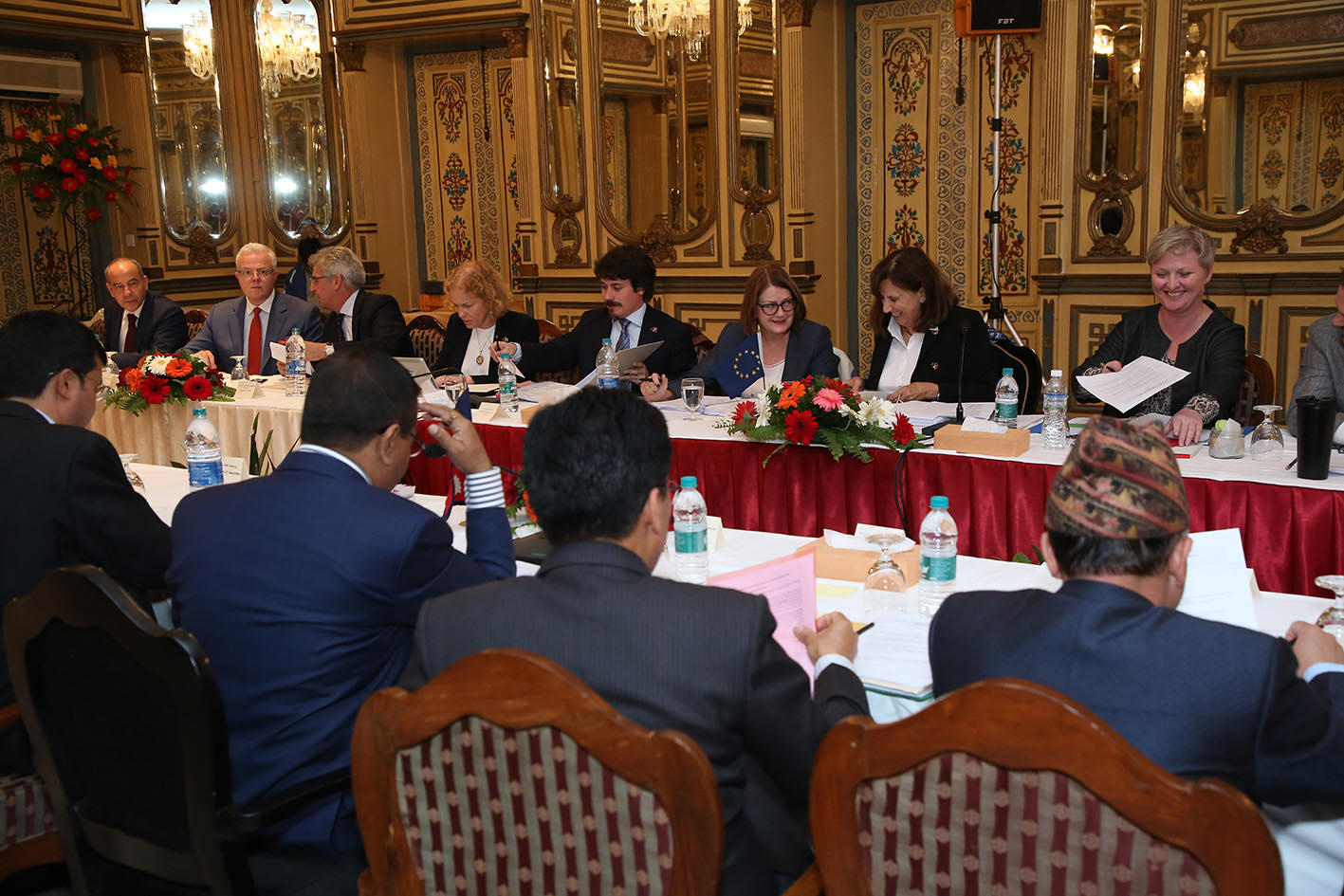
It also underlined the long-term vision of the Government, including the implementation of the Sustainable Development Goals (SDGs), and the strategies for graduation from Least Developed Country (LDC) status and becoming a middle-income country.
The EU appreciated the achievements made by Nepal in a peaceful political transition, stressing that steps such as the promulgation of the new Constitution and the 2017 elections were instrumental in consolidating democracy and institutionalizing federalism.
The EU welcomed the statement of commitment to transitional justice made by Foreign Minister Pradeep Kumar Gyawaliat the 74th Session of UN General Assembly.
The EU informed the Nepali side about the May elections to the European Parliament, the incoming EU leadership and its priorities, and the Multiannual Financial Framework 2021-2027 which is the forthcoming framework for EU development assistance.
The Nepali side expressed hope that Nepal-EU relations will be further strengthened under the new EU leadership and the new framework.
The EU side explained its Connecting Europe and Asia Strategy and emphasized the importance of economic, fiscal, financial, social and environmental sustainability. The development and financing of sustainable transport, energy and digital networks, as well as of people-to-people connectivity are at the heart of this strategy.
The Joint Commission noted that the European Investment Bank (EIB) will focus its lending activities in the field of climate change mitigation and adaptation and infrastructure development in the forthcoming years.
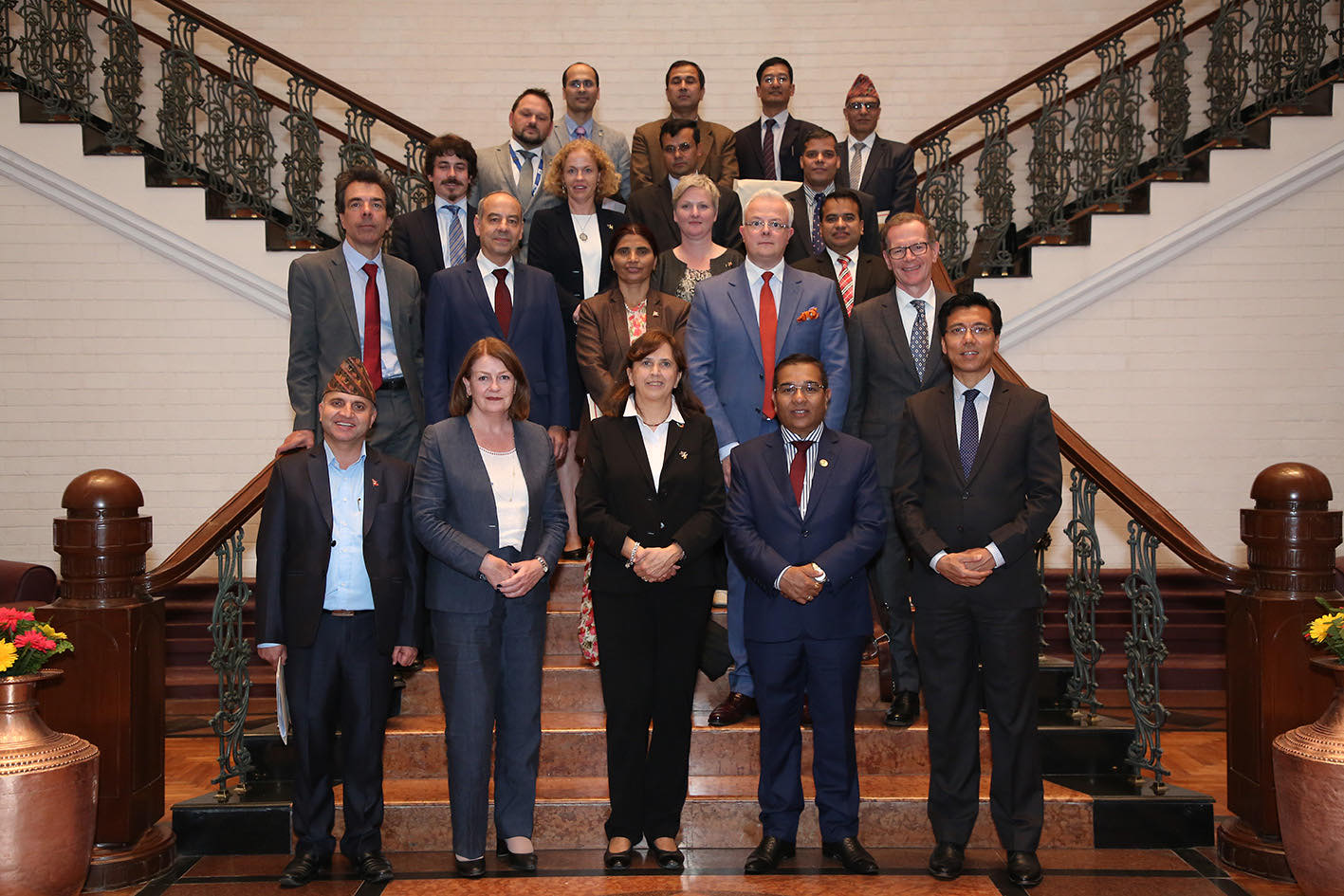
Moreover, both sides attached high importance to the investment and blending opportunities under the EU’s Asia Investment Facility. The Nepali side briefed about the various policies, legal instruments and adaptation measures to create an enabling environment for investment.
As important trading partners, Nepal and the EU exchanged views on bilateral trade, focusing on the challenges, prospects and way forward. Nepal, with the support of the EU, will continue to enhance its export capacity to the European market, particularly in the context of the Everything But Arms (EBA) scheme, the most preferential EU trade regime.
The EU undertook to assist Nepal further in gaining access to and benefits from the EU market.
In terms of people-to-people connectivity, Nepal and the EU discussed ongoing collaboration in the higher education sector, given the growing number of Nepali students choosing to study in European universities.
The EU provides scholarships to students to study in European universities under ERASMUS+ and would like to further enhance participation by teachers and academic institutions in this program.
The EU welcomed the announcement of Visit Nepal 2020 Year and looks forward to supporting this initiative.
The EU side acknowledged the substantive efforts made towards improving air safety while reiterating that progress hinges on sufficient advances being made on the regulatory level and technically on the ground.
Both sides agreed to work together, with the EU reiterating its offer for technical support to increase Nepal’s institutional capacity in this area.
In the Sub-Commission on Development Cooperation, Nepal and the EU took stock of the progress achieved and lessons learned in the implementation of ongoing cooperation, particularly in nutrition, education, governance, agriculture and rural development.
The Joint Commission concurred that Cooperation should continue to be guided by the Government’s priorities and the use of country systems, including budgetary systems.
The EU and Nepal welcomed the recent signature of the €8 million Trade and Investment Financing Agreement which will develop further the coffee and pashmina value chains, and build capacity in the Nepali trade sector; the adoption of the Euro.


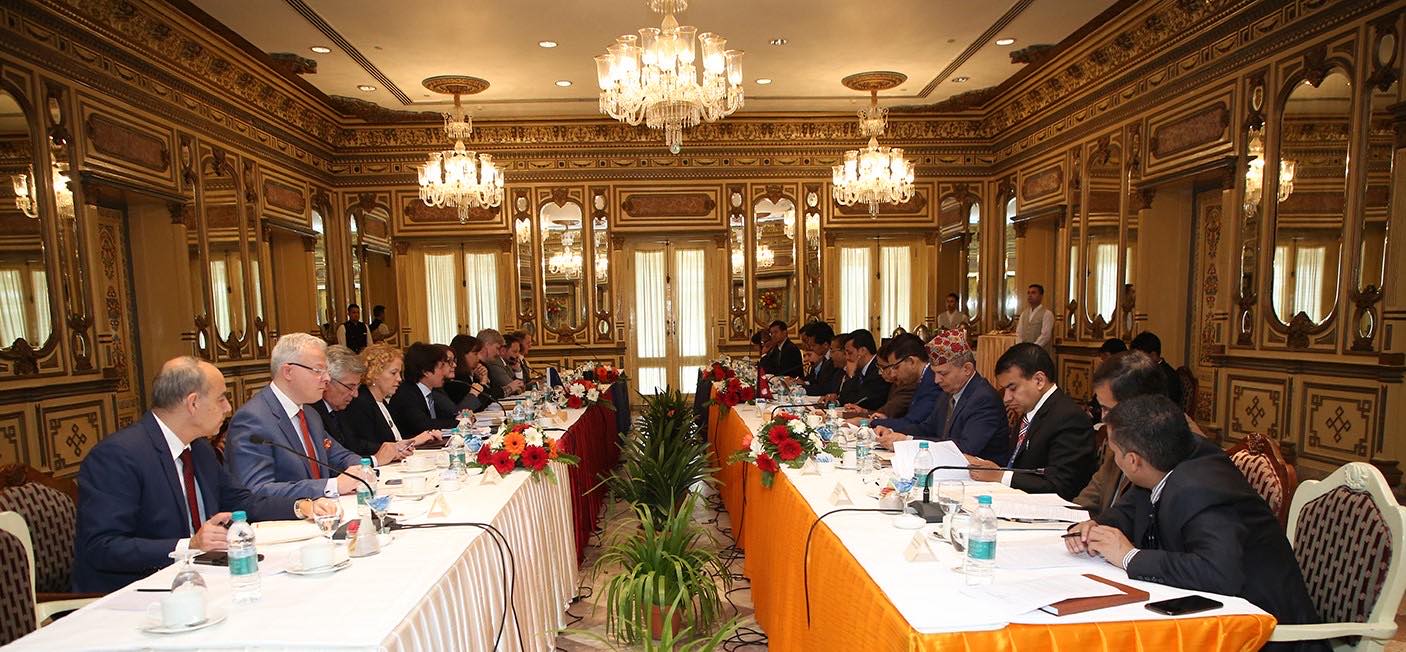

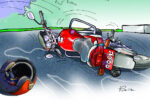
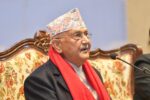
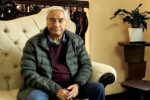


Comment